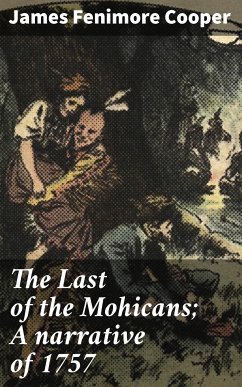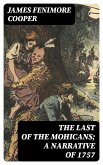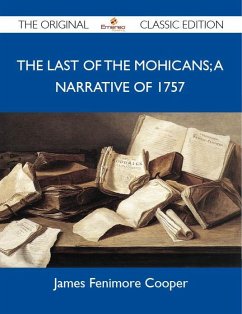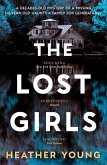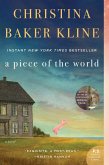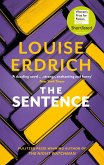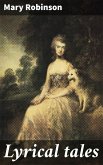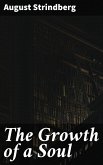Set against the tumultuous backdrop of the French and Indian War, James Fenimore Cooper's "The Last of the Mohicans: A Narrative of 1757" intricately weaves together themes of survival, conflict, and the complexities of race and culture. This historical novel employs a vivid, romantic literary style typical of Cooper's work, coupling detailed descriptions of the American wilderness with thrilling action sequences. The narrative deftly explores the interactions between Native Americans, European settlers, and colonial militias, effectively illustrating the shifting allegiances and moral dilemmas of the era, while also immersing readers in the stark realities of frontier life. James Fenimore Cooper, born in 1789, was profoundly influenced by his experiences in early American society and his fascination with Native American cultures. As one of the first American authors to gain international acclaim, Cooper's writing served to reflect and critique the evolving identity of the United States. His intimate knowledge of the American wilderness, gained from his upbringing in a frontier town, informs the rich imagery and authentic characterizations found in "The Last of the Mohicans." This seminal work is a must-read for anyone interested in American history, literature, or the thematic exploration of cultural identity. Cooper's masterful storytelling not only captures the reader'Äôs imagination but also offers critical insights into the dynamics of a fledgling nation during a pivotal period. Immerse yourself in this classic novel to appreciate its timeless exploration of human nature and survival.
Dieser Download kann aus rechtlichen Gründen nur mit Rechnungsadresse in A, B, BG, CY, CZ, D, DK, EW, FIN, F, GR, H, IRL, I, LT, L, LR, M, NL, PL, P, R, S, SLO, SK ausgeliefert werden.

